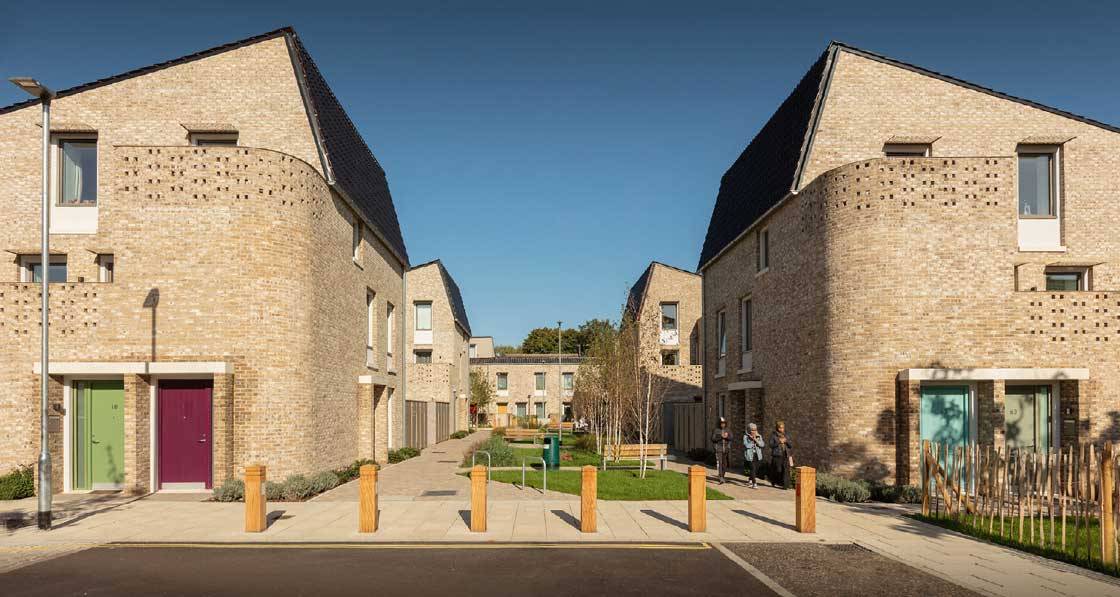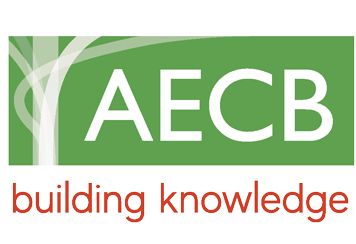
- Events
- Posted
Sustainable building leaders crowned at Exemplar Awards
This article was originally published in issue 50 of Passive House Plus magazine. Want immediate access to all back issues and exclusive extra content? Click here to subscribe for as little as €15, or click here to receive the next issue free of charge
The awards programme, delivered in partnership with the Passivhaus Trust and the Alliance for Sustainable Building Products, seeks to recognise the pinnacle of sustainable building achievement across the UK. Entrants were required to provide monitoring data demonstrating that buildings perform as designed.
“The Exemplar Sustainable Buildings Awards have helped break down the often-perceived silos between operational and embodied carbon. The winners and shortlisted projects, products and initiatives have shown that sustainable building products are being successfully specified in buildings targeting low operational energy, helping with the transformation to a healthy low carbon-built environment,” said Simon Corbey, Alliance for Sustainable Building Products, in a statement.
Goldsmith Street by Mikhail Riches won the large project category. This Stirling Prize award-winning social housing development demonstrates that local authorities can deliver net zero-ready homes to a tight budget without sacrificing quality, with the 93-home passive house project creating light-filled, community-focused homes with annual heating bills as low as £150.
In the small projects category, The Seed Cohousing by Kirsty Maguire Architects near Dundee was selected as winner. This co-living home for two households is almost entirely timber-based and meets both passive house classic standard and RIBA 2030 embodied carbon requirements, showing how passive house standards can be achieved in locations with difficult site constraints and restricted solar gain.
Notably, the vast majority of the projects shortlisted in this category achieved passive house or Enerphit certification, or use the passive house methodology in design and construction.
The retrofit project winner, Ward Grove by Progress in Practice, demonstrated the potential of deep retrofits. This whole-home transformation achieves exceptional energy performance, long-term comfort, and inclusive design within the constraints of an existing 1980s bungalow, with annual space heating costs of only £360 while being certified to the AECB CarbonLite Retrofit Standard.
Innovation initiatives
The product category was won by EcoCocon's Straw Panel System, described as a carbon- negative construction material. The straw wall system stores more carbon than it emits per square metre, with prefabricated panels from renewable timber and straw providing thermal performance, vapour permeability, and carbon sequestration.
Pacer by Preoptima took the initiative award. This digital platform empowers local planning authorities with tools to enforce whole life carbon policies in the planning process, automating the review of whole life carbon assessments and providing case officers with clear, data-driven insights into compliance. The awards were sponsored by Ecological Building Systems and other industry partners including Lamilux UK. Projects were evaluated based on measured performance data rather than predicted outcomes, with judges requiring evidence of actual energy use and occupant satisfaction. The winning projects span different scales and budgets, from social housing to self-builds and commercial retrofits.







